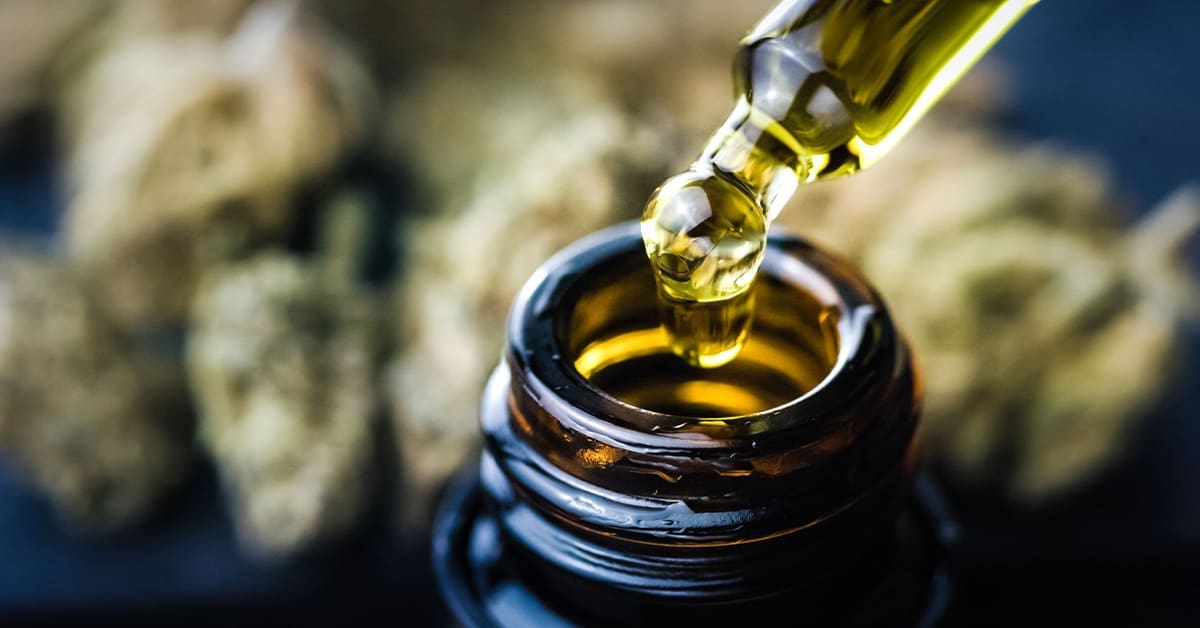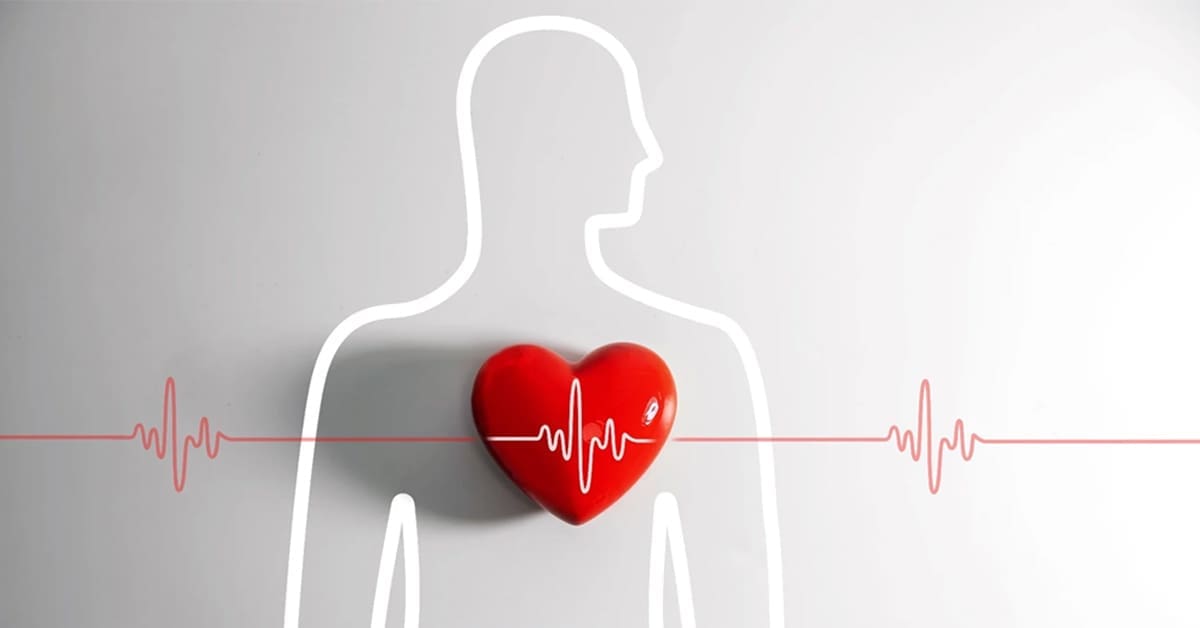Introduction
In recent years, CBD (cannabidiol) has garnered considerable attention in the world of sports and fitness. This non-intoxicating cannabinoid derived from the cannabis plant is making waves for its potential to enhance physical performance and overall well-being. In a 2020 review published by Sports Medicine, researchers highlighted the role of CBD in interacting with the endocannabinoid system, specifically the CB1 and CB2 receptors, to prevent inflammation and potentially boost performance.
While the main reasons athletes and fitness enthusiasts turn to CBD are pain management, muscle recovery, and muscle development, there are a host of other benefits that can significantly improve athletic performance and long-term health. In this article, we delve deeper into these advantages and explore the potential of CBD in the realm of physical performance.
Reducing Inflammation: The Foundation for Enhanced Performance
Inflammation is a common adversary for athletes, often arising from intense workouts, injuries, or overuse of muscles. CBD is renowned for its potent anti-inflammatory properties, which can play a pivotal role in an athlete’s journey towards optimal performance and recovery.
Pain Management and Joint Health:
CBD’s ability to reduce inflammation can alleviate pain and swelling associated with injuries or chronic conditions. It may also mitigate the severity of joint damage caused by repetitive stress. A study published in the European Journal of Pain found that CBD can effectively reduce pain and improve the quality of life in individuals with chronic pain conditions.
Improving Sleep Quality: The Vital Component of Recovery
Quality sleep is the cornerstone of any athlete’s recovery process. CBD’s influence on sleep quality can be a game-changer for those seeking faster recuperation and improved performance.
Relief from Sleep Disorders:
Studies have demonstrated that CBD can promote relaxation, reduce anxiety, and enhance sleep quality. This can expedite the healing process by ensuring athletes get the restorative sleep they need. A study published in The Permanente Journal reported improved sleep scores in patients taking CBD.
Promoting Cell Regeneration: The Key to Healing
Injuries are an inherent part of athletic endeavors, but the rate of recovery can make a significant difference. CBD’s neuroprotective properties offer potential benefits in repairing nerve tissues damaged during injuries or surgeries.
Faster Wound Healing:
By aiding in cell regeneration, CBD may contribute to accelerated wound healing and reduced scarring. These effects, over time, can lead to improved muscle development and overall performance. While research on this aspect is ongoing, preliminary studies have shown promising results regarding CBD’s role in tissue repair.
Restoring Energy: A Natural Boost
Sustained energy levels are crucial for athletes to perform at their best. Unlike caffeine and energy drinks, which can come with side effects like anxiety and jitteriness, CBD offers a more balanced way to stay alert and energized.
Enhanced Alertness and Energy:
CBD’s potential to boost alertness and energy without the adverse effects associated with caffeine makes it an attractive choice for athletes. It can help athletes stay awake longer with heightened energy and focus. More research is needed in this area, but initial findings suggest that CBD may positively impact energy levels.
Aiding in Bone Health: Building a Strong Foundation
Strong bones are essential for athletes to prevent injuries and maintain peak performance. CBD may play a role in promoting bone health.
Improving Bone Healing:
Research indicates that CBD may improve the bone healing process by interacting with collagen proteins in bone tissue, forming the foundation for the mineralization of new bone tissues. This property can be particularly valuable for athletes recovering from fractures or stress-related injuries.
Accelerating Post-Workout Recovery: The Path to Progress
Post-workout recovery is critical for muscle growth and overall performance. CBD’s antioxidative properties can aid in the recovery process.
Reducing Muscle Inflammation:
During intense workouts, muscles can become inflamed, leading to stiffness and soreness. CBD’s powerful antioxidative effects may help alleviate these inflammations, providing relief and facilitating a quicker recovery. Some athletes are turning to CBD as a safe alternative to non-steroidal anti-inflammatory drugs and opiate medications.
Assisting in Head Trauma and Concussion Management
Contact sports and repetitive head trauma can result in a range of cognitive and emotional issues. CBD may offer support in managing mood-related challenges arising from head injuries.
Mood Regulation and Head Trauma:CBD’s potential to regulate mood and reduce anxiety may be beneficial for athletes dealing with impulsivity, irritability, memory loss, and anger due to head trauma. While research in this area is still evolving, early findings suggest that CBD could be a valuable component in the management of post-head injury symptoms.
Conclusion: A New Era of Athletic Potential
In conclusion, CBD’s multifaceted benefits extend far beyond pain management, muscle recovery, and development. It possesses the potential to reduce inflammation, improve sleep quality, promote cell regeneration, restore energy, aid in bone health, accelerate post-workout recovery, and assist in managing head trauma-related challenges.
As more research unfolds and our understanding of CBD deepens, athletes and fitness enthusiasts have a promising ally to support their physical performance and overall well-being. While CBD offers numerous benefits, it is crucial for athletes to consult with healthcare professionals and adhere to regulations regarding its use in their respective sports.
References:
- Boehnke, K. F., et al. (2019). Cannabidiol Use for Fibromyalgia: Prevalence of Use and Perceptions of Effectiveness in a Large Online Survey. The Journal of Pain, 20(12), 1362-1372.
- De Gregorio, D., et al. (2019). Cannabidiol Modulates Serotonergic Transmission and Reverses Both Allodynia and Anxiety-like Behavior in a Model of Neuropathic Pain. Pain, 160(1), 136-150.
- Shannon, S., et al. (2019). Cannabidiol in Anxiety and Sleep: A Large Case Series. The Permanente Journal, 23, 18-041..








